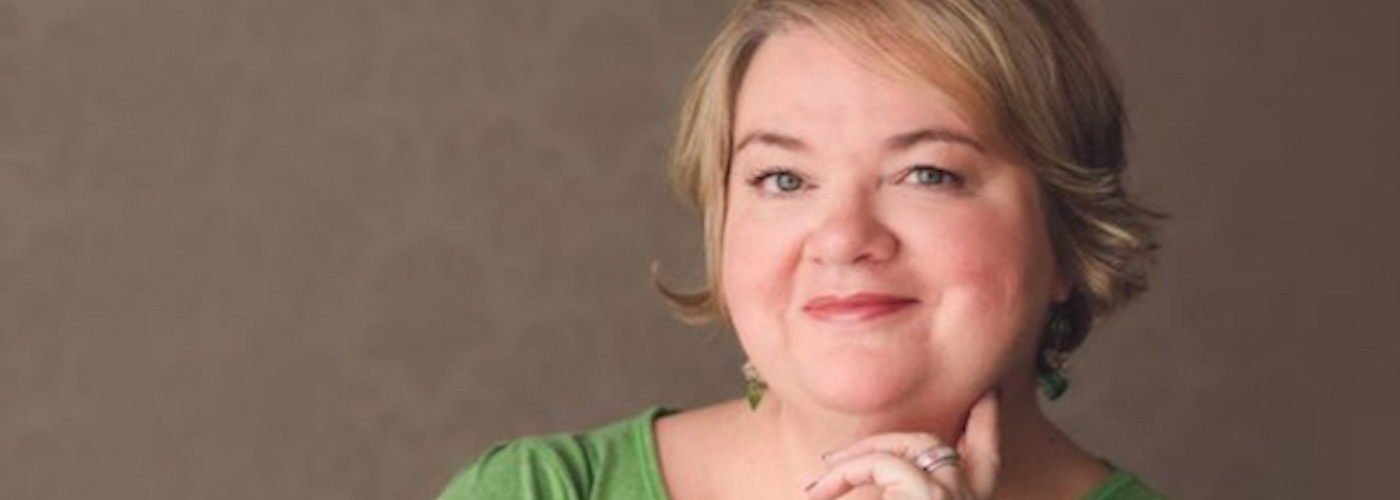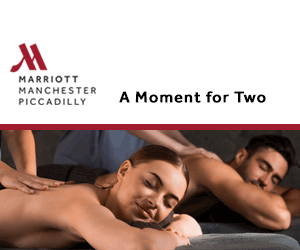Lucy Milburn talks to Jane Kenyon, founder of the charity supporting teen girls in the North West
Being a teenage girl is a tough gig. It’s a time of huge transition – there’s a scramble to build your own identity, while navigating academic demands, peer pressure and more. Social media and life online puts these challenges into sharp focus. Throw in a global pandemic with a national lockdown (or three), and that’s a pretty potent mix.
Those girls have changed their lives – they’ve come full circle
A recent report found that girls’ levels of wellbeing and self-esteem drop sharply in their early teens, compared to boys who remain steady. These girls need role models, a guiding light to pull them through the darker days of teendom. Enter Girls Out Loud, a social enterprise fighting for girls and their futures in the face of a growing mental health crisis. Dedicated to raising the aspirations of teen girls everywhere, the North West charity delivers early intervention programmes to encourage emotional resilience, confidence and real change in mindset.
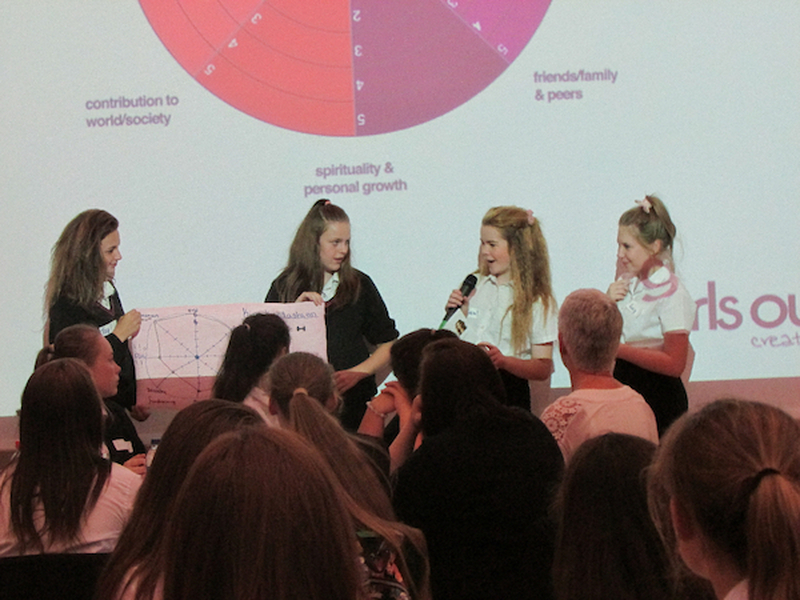
A life in three acts
It takes an impressive amount of life experience to be able to reflect on your past with the clarity of founder Jane Kenyon. After leaving a troubled home at 16, Jane thrived as both a corporate high-flyer and serial entrepreneur before discovering her true calling – helping other people switch the light on. “I spent so many years climbing the ladder,” Jane says. “And I was dreadfully unhappy. I knew how to grow things, I knew how to make money. And I knew how to lose money! I was looking for a cause to motivate me in the next stage of my life.” Reinventing herself as a trained coach, campaigner and overall female champion, Jane launched Well Heeled Divas, a national organisation offering coaching and mentoring exclusively to women.
Fast-forward to 2008 and conversations around mental health in young people were picking up pace. “I was really starting to get antsy about teenage girls,” Jane says. “I didn’t like what I was seeing in schools. With my life experience and coaching skills, I knew I could make a difference.” In 2009, she piloted a programme with 12 vulnerable girls in Blackpool which taught her everything she needed to know about working with troubled teens. “Those girls have changed their lives – they’ve come full circle.”
After the success of that first intervention, it was a case of connecting the dots to create Girls Out Loud. With hundreds of successful women participating in Jane’s coaching programmes, she had the perfect pool of role models at her fingertips and it’s the Big Sister scheme that’s really at the heart of the charity. Targeting those girls in the middle of the cohort, the ‘Little Sisters’ are paired with a female mentor for 12 months and the graduation is always one of Jane’s proudest moments. “It’s incredible to see the changes in the girl’s attitudes, dreams and sense of self-worth. That’s what keeps me going – hearing girls talk about the amazing impact we are having on their lives.”
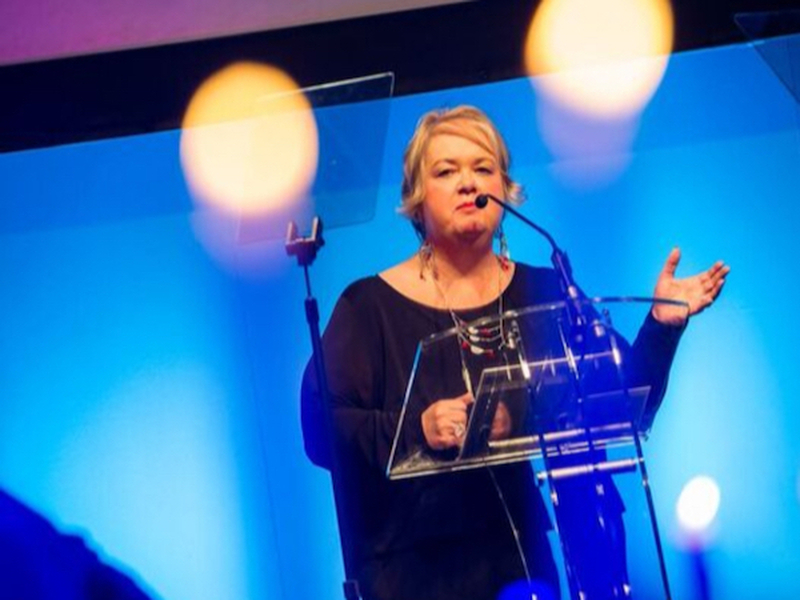
A decade of change
Despite all the positive change, there’s been a depressing shift in teen mental health since Girls Out Loud delivered their first programme a decade earlier. “Girls today sadly care more about their appearance than their value. They’re silenced instead of encouraged to speak up.” Jane believes this bleak picture is down to three popular trends over the last decade: reality TV, mainstream porn and smartphones. A year of restrictions has only made things worse. “The pandemic has really exacerbated all the challenges facing these girls. We’re seen concerning spikes in every issue – such as eating disorders, self-harming and cyberbullying. Locked inside their homes and unable to see their friends, it’s no surprise that they’re turning to their phones.”
So how can a model focused on building rapport and supportive relationships operate in a pandemic? With school closures and restrictions, Jane and her team have essentially been locked out, unable to access the girls who need their help the most. “We run mentoring programmes for shy, unconfident girls which just wouldn’t work in a virtual world. Building that initial trust is difficult, especially with girls in their home environment – somewhere that might not be a safe space for them.” She’s hopeful that there will be major investment in support when schools finally reopen and Girls Out Loud will be first at the gates to help teens reacclimatise. “Education is a waste of time if we don’t get the mental health right,” Jane says. “They need to be ready to learn again.”
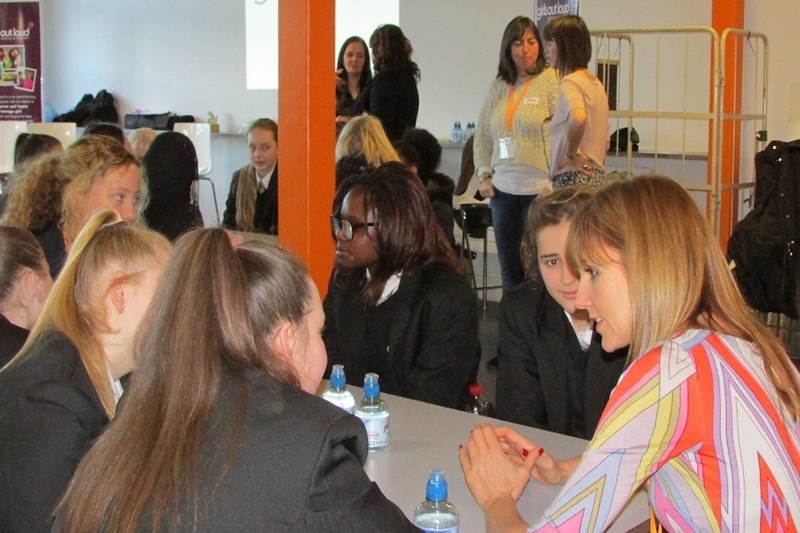
To continue offering vital support for teen girls in a post-lockdown world, Girls Out Loud need support themselves. The latest addition to their impressive programme roster is Sister Act, an apprenticeship scheme encouraging companies to attract female talent. “I really want to see more businesses step up and support teenage girls,” Jane says. “Our work is absolutely key to gender parity and teen girls are the future of female leadership. We raise all our money through corporate sponsorship, brand collabs and donations so the support from big businesses is vital.”
To donate, fundraise or sign up to become a Big Sister, visit Girls Out Loud
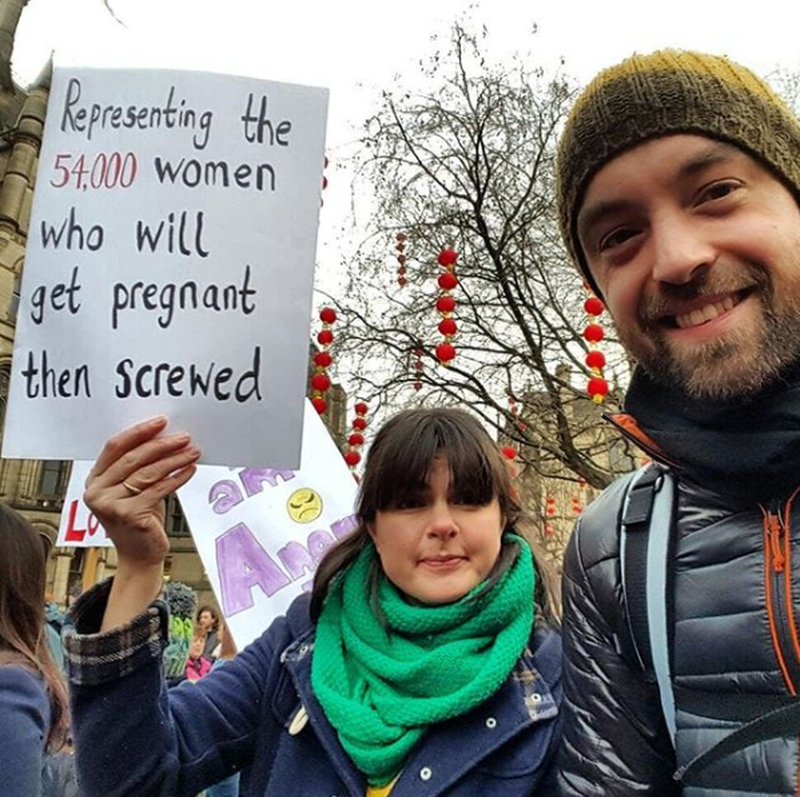
Women out loud
In the spirit of International Women's Day, we looked back over our archives for interviews with women who inspire us. Tackling motherhood, role models, sexual abuse, migration and work, five women say it in their own words. You can click through to read the full interviews...
"I feel like when somebody is upheld on a platform as a role model society makes it their mission to take them down. It would be better if we spent more time deciding what we personally believe rather than debating whether a person is perfect." Megan Marie Griffith, Girl Gang Manchester
"The definition of a business is a collection of people and that’s what you have to do in business, you focus on your people. Sometimes I will go home at night and I won’t be able to stop thinking about people and their problems." Hannah Anderson, Social Chain
“Our recipes are based on being able to make decisions, however small. Some of the women attending have been in situations where they haven’t been able to make choices, so we want to empower them to do that." Clare Courtney, Heart & Parcel
"I’m always grateful to the girls themselves who constantly allow me to tell their story for the greater good. That is painful for them but they doing it because they know other victims are failed and they want changes for kids today who are still being failed. I’m blown away by their bravery." Maggie Oliver, advocate
"We’re never going to overcome deeply entrenched gender stereotypes that say that childcare is un-manly without a strong incentive for fathers to share leave." Joeli Brearly, Pregnant Then Screwed





